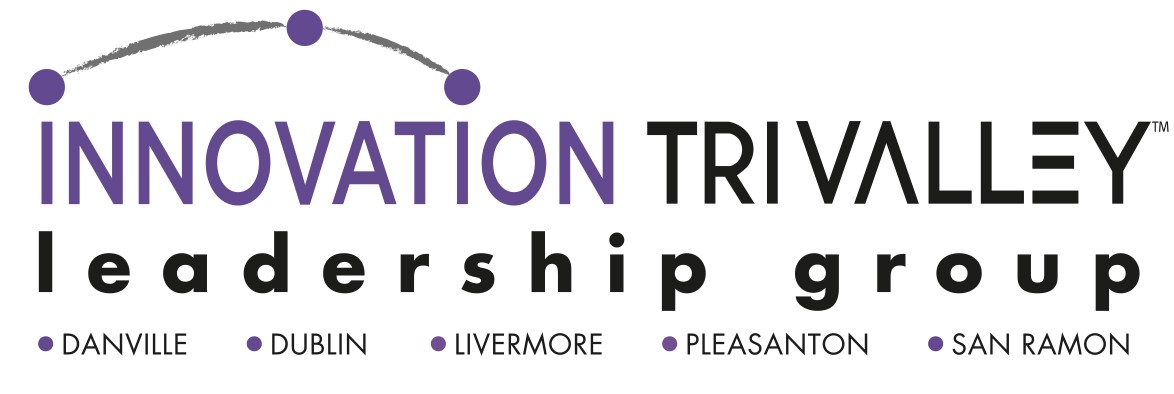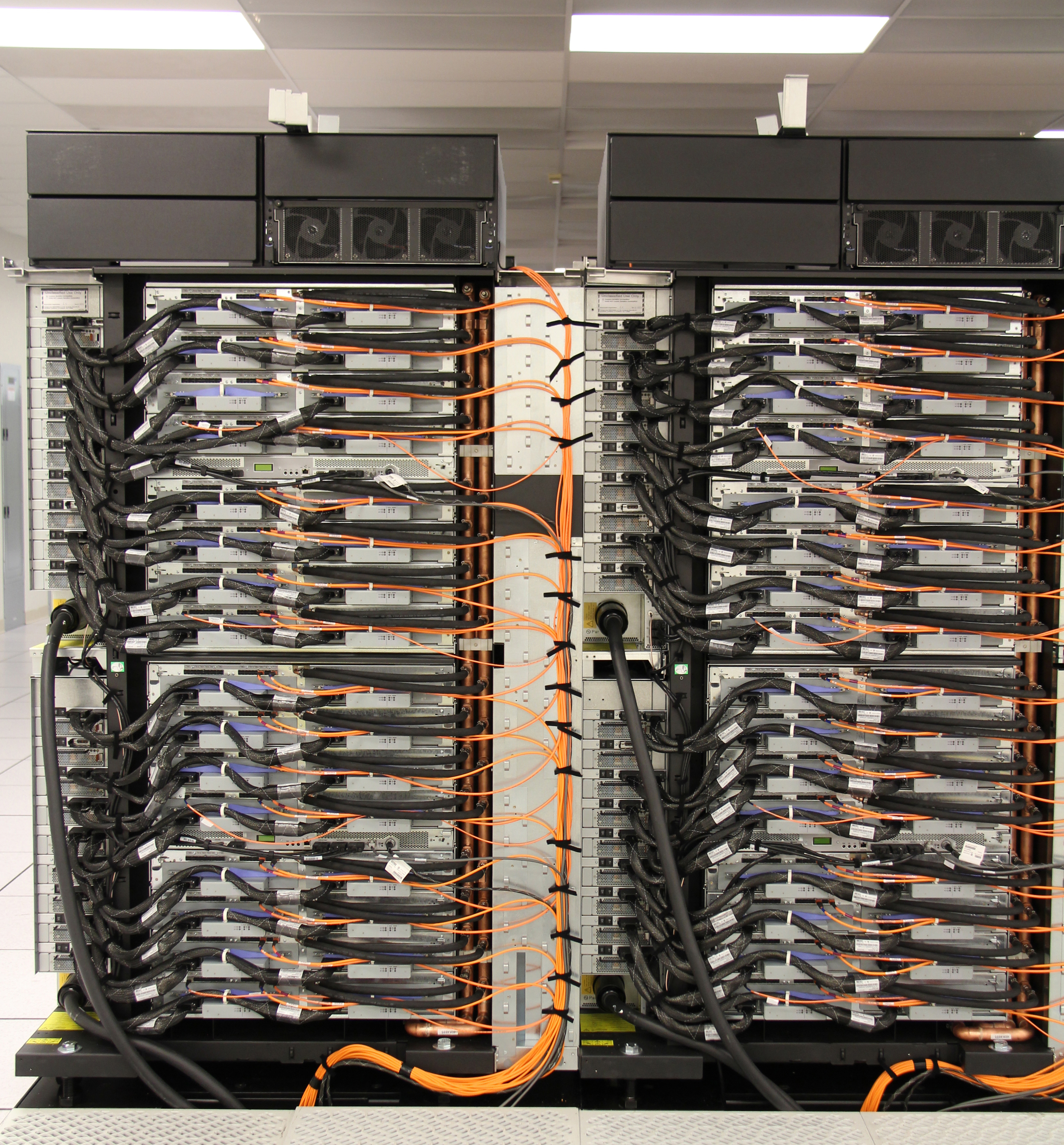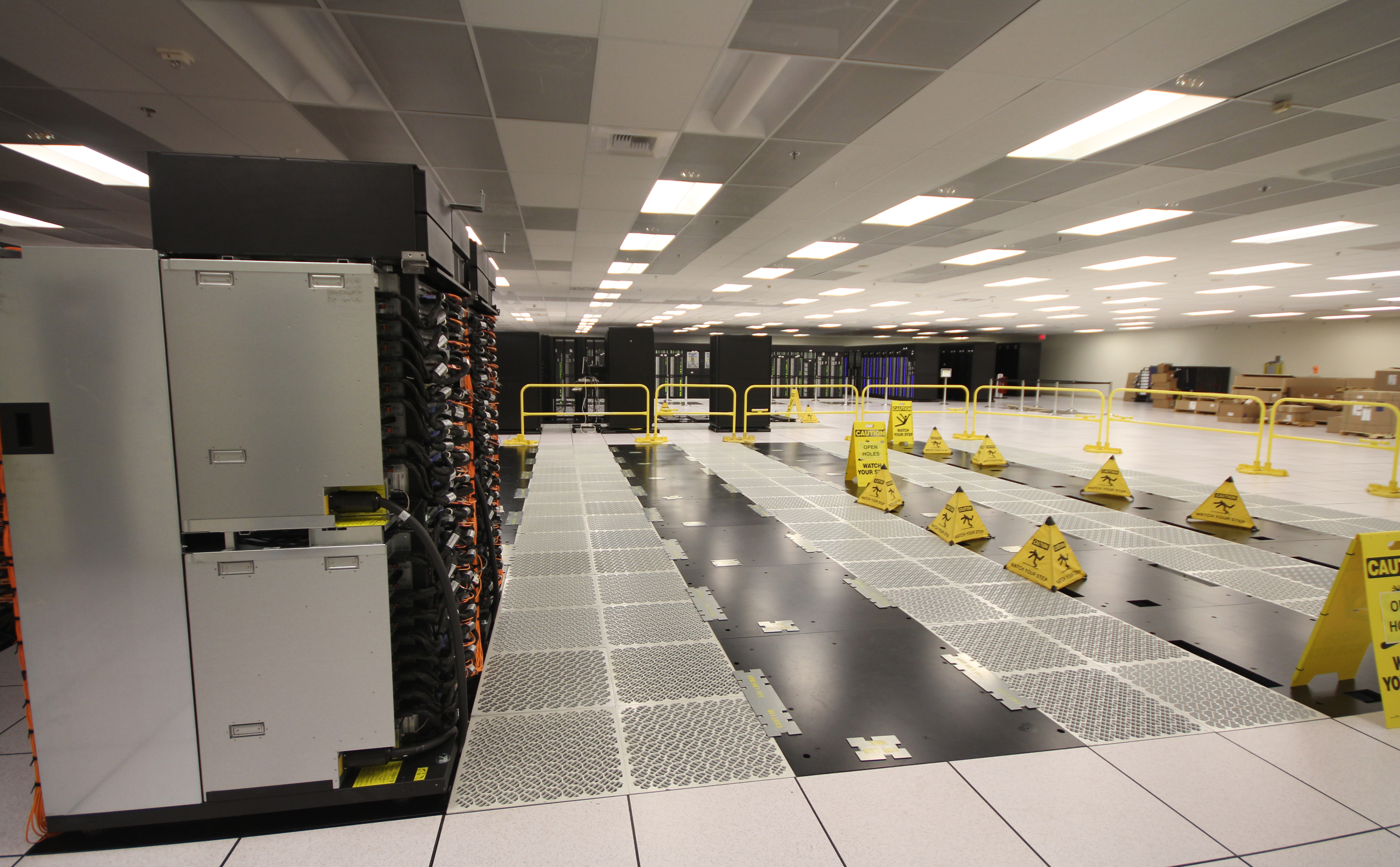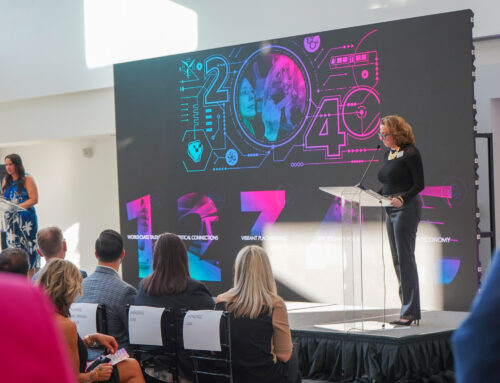Note: This is a copy of a press release issued by the Lawrence Livermore National Laboratory on June 9, 2012. The original press release can be found on www.llnl.gov.
Researchers at IBM and Lawrence Livermore National Laboratory (LLNL) today announced that they are broadening their nearly 20-year collaboration in high performance computing (HPC) by joining forces to work with industrial partners to help boost their competitiveness in the global economy.
Under a recently concluded agreement, IBM and LLNL have formed an HPC collaboration called Deep Computing Solutions to take place within LLNL’s High Performance Computing Innovation Center (HPCIC). Announced last June, the HPCIC was created to help American industry harness the power of supercomputing to better compete in the global marketplace. Deep Computing Solutions will bring a new dimension to the HPCIC, adding IBM’s computational science expertise to LLNL’s own, for the benefit of Deep Computing Solution’s clients.
“The capabilities of California’s Lawrence Livermore National Laboratory are uniquely suited to boost American industry’s competitiveness in the global marketplace. The new collaboration between the Lab and IBM is an excellent example of using the technical expertise of both the government and the private-sector to spur innovation and investment in the U.S. economy,” said Sen. Dianne Feinstein, (D-Calif.). “The strength of supercomputing facilities like Livermore’s High Performance Computing Innovation Center offers a broad range of solutions to energy, environmental and national security problems. I look forward to following the progress of this new collaboration in accelerating the development of products and services to maintain the nation’s competitive advantage.”
Feinstein delivered remarks on the collaboration today at a Capitol Hill briefing on “Big Data: The New Natural Resource.” The focus of the briefing was how Congress and the administration can harvest the great new resource of big data to address the nation’s pressing societal challenges. Follow the discussion on twitter with #IBMpolicy and tweets from the event @IBMpolicy.
LLNL’s HPCIC aims to become the nation’s premier provider of advanced computing solutions to understand and manage complex systems that underlie 21st century technology. Working within the HPCIC, Deep Computing Solutions will deploy the complementary strengths of IBM and LLNL to develop and implement industrial strength solutions that can help address its clients’ enterprise-critical problems.
Computer and domain science experts from IBM Research and LLNL will work with a broad range of American industry collaborators to devise HPC solutions that can help accelerate the development of new technologies, products and services. Areas of interest include, but are not limited to: applied energy; green energy, including renewable(s); biology; materials science; fabrication; manufacturing; data management; and informatics.
The HPCIC effort helps to address the broader issue of economic competitiveness. “Maintaining a technological edge over the competition in the global marketplace is vital to both national security and the country’s economic prosperity. Deep Computing Solutions will be an important ingredient of the HPC Innovation Center, building on IBM and LLNL’s mutual experience in applying HPC to complex technical problems. Together we will help equip U.S. industry with the tools for technological innovation needed to stay ahead of the global competition,” said Frederick Streitz, director of the HPCIC.
“Deep Computing Solutions will deploy a comprehensive range of experienced researchers and developers from both IBM and LLNL to help develop robust solutions for its clients that can address enterprise-critical challenges, such as processing very large data sets to fuel competitive insights,” said James Sexton, program director, Computational Science Center, IBM T.J. Watson Research Center, NY. “The potential is to aggressively increase the rate and pace of innovation for our clients and to deliver significant economic impact as a result.”
High performance computing has the potential to provide groundbreaking impact in research and industrial applications. However, it has remained inaccessible to the broad community because its deployment requires access to such special expertise and systems. LLNL’s HPCIC and Deep Computing Solutions will directly address the accessibility problem that currently limits development and deployment of advanced computing solutions by commercial organizations.
LLNL has procured a five-petaflop (quadrillion floating point operations per second) system to support HPCIC and Deep Computing Solutions efforts as well as unclassified National Nuclear Security Administration (NNSA) research programs, academic alliances and LLNL institutional science and technology efforts. Called Vulcan, the new 24-rack IBM Blue Gene/Q system based on the POWER architecture will be delivered in Summer 2012. Vulcan is part of the contract that brought Sequoia, the 20-petaflop Blue Gene/Q machine recently ranked No. 1 on the TOP500 list of the world’s fastest supercomputers, to Livermore.
The NNSA/LLNL/IBM collaboration has produced six HPC systems that have been ranked among the world’s most powerful computers including: The Accelerated Strategic Computing Initiative (ASCI) Blue Pacific; ASCI White; the Advanced Simulation and Computing (ASC) Purple; Blue Gene/L; Blue Gene/P, Dawn; and Blue Gene/Q, Sequoia. ASCI White, Blue Gene/L and now Sequoia all attained a No. 1 ranking on the TOP500 list. The Blue Gene line of supercomputers received a Presidential Medal of Technology and Innovation from President Obama in 2009.
IBM and LLNL have a strong record of award-winning science and technology innovation. Research teams from LLNL and IBM running breakthrough calculations on Blue Gene systems have garnered a total of five Gordon Bell Prizes, the prestigious award for innovations that advance HPC and the science it makes possible.
The HPCIC resides in Livermore’s open campus collaboration area. See the HPCIC Website for more information.








